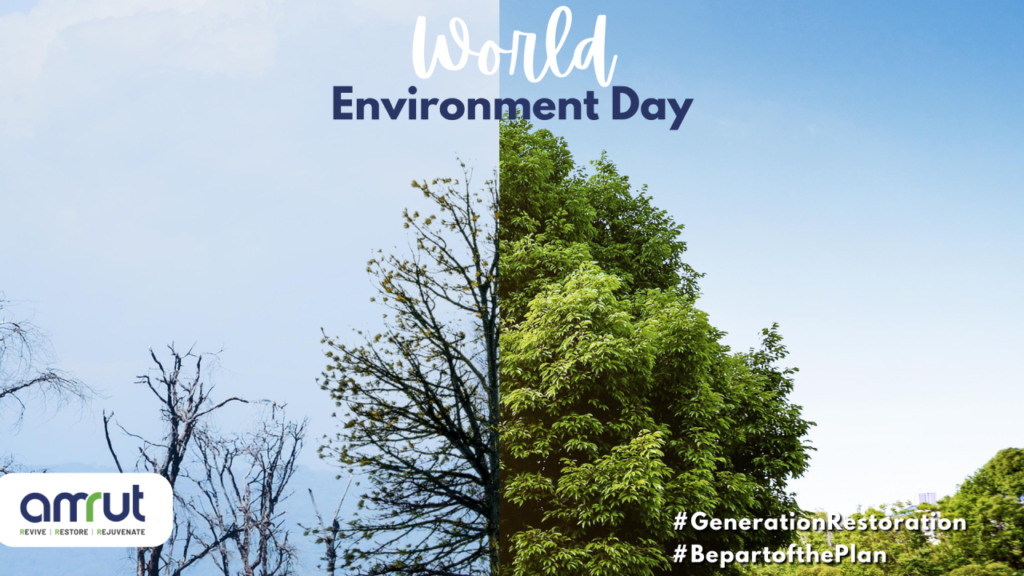The world today faces a dual challenge today – securing reliable energy sources and mitigating climate change. Fossil fuels, the hulking giants that have powered our progress for centuries, now stand exposed as unsustainable behemoths, increasingly unsustainable due to their environmental impact.
In the pursuit of sustainable energy solutions, bio briquettes emerge as a promising alternative to traditional fossil fuels, which are cleaner and more responsible source of energy. These compacted blocks of organic waste material offer a renewable and environmentally friendly fuel source, making them a key player in the transition towards a greener future. This translates to cost savings for industries and households alike, while also minimizing the strain on our natural resources.
India as someone, that is at the forefront of Global Biofuel Alliance, with bio briquettes, positions itself as an even bigger leader in the area.
Understanding Bio Briquettes:
Bio briquettes, also known as biomass briquettes, are compressed blocks of organic materials such as agricultural waste, forestry residues, or industrial by-products. These briquettes serve as an eco-friendly alternative to conventional fossil fuels like coal, wood, and charcoal. The production process involves compacting these organic materials under high pressure, typically without the use of binders or additives, resulting in dense and energy-dense fuel blocks.
Environmental Benefits of Bio Briquettes:
The utilization of bio briquettes offers several environmental advantages over traditional fuels:
- Reduced Greenhouse Gas Emissions: Bio briquettes are considered a carbon-neutral fuel since they utilize organic waste materials that would otherwise decompose and emit greenhouse gases (GHGs) like methane. By converting this waste into a usable fuel source, bio briquettes help mitigate GHG emissions and combat climate change.
- During combustion, the carbon released balances the carbon absorbed by the biomass plants during their growth, making them virtually carbon-neutral.
- Minimal Impact on Deforestation: Unlike traditional wood-based fuels, such as firewood and charcoal, bio briquettes do not contribute to deforestation. By utilizing agricultural residues and other waste materials, bio briquettes help preserve valuable forest ecosystems and biodiversity.
- Waste Management: Bio briquettes provide an effective solution for managing agricultural waste and other organic residues, preventing their burning which causes further pollution. By converting these materials into a valuable energy resource, bio briquettes address the challenge of waste disposal while simultaneously reducing reliance on non-renewable energy sources.
Application
Bio briquettes serve a wide range of applications across different industries. In industrial settings, they are utilized to replace coal in boilers, effectively generating steam and heat that power various processes in sectors such as textiles, food processing, and chemicals. Additionally, in residential areas, bio briquettes offer a cleaner and more efficient alternative to firewood for fireplaces and stoves, serving as both a source of warmth and cooking fuel, especially in rural communities. Moreover, on a larger scale, briquette plants play a crucial role in power generation by contributing to renewable energy through biomass gasification and subsequent power generation.
The Impact of Bio Briquettes:
The adoption of bio briquettes has the potential to drive significant environmental and socio-economic benefits:
- Mitigation of Greenhouse Gas Emissions: By substituting coal with bio briquettes in commercial operations, we can significantly reduce GHG emissions associated with energy production. This transition to a carbon-neutral fuel source aligns with global efforts to combat climate change and achieve sustainable development goals.
- Promotion of Sustainable Agriculture: Bio briquette production creates a market for agricultural residues and other organic waste materials, incentivizing sustainable agricultural practices. Farmers can generate additional income by selling their agricultural waste for biofuel production, contributing to rural livelihoods and economic development.
- Improved Air Quality: The combustion of bio briquettes produces fewer pollutants compared to traditional fossil fuels, resulting in improved air quality and reduced health risks for communities near industrial facilities.
India and bio briquettes
In the context of India, bio briquettes represent a transformative solution to multiple challenges. By reducing the greenhouse gas intensity of energy production, they contribute to India’s climate goals while enhancing energy security by reducing dependence on fossil fuel imports. Additionally, bio briquettes address the pressing issue of waste management by utilizing agricultural waste as a raw material, thus mitigating the environmental impact of waste burning. This sustainable energy source not only aligns with India’s commitments to reducing emissions but also offers a practical solution to local environmental and energy challenges.
Our Commitment to Biofuel Production:
As part of our commitment to sustainability and environmental stewardship, we are embarking on an ambitious biofuel production initiative. Our company is investing in the production of bio briquettes as a renewable and carbon-neutral fuel source. Our new and state-of-the-art production facility, scheduled to commence operations in mid-February, is equipped to produce a minimum of 800 metric tonnes of bio briquettes, with a capacity designed for up to 1200 metric tonnes.
Our biofuel production facility represents our first foray into the bioenergy sector, with plans for expansion and growth on the horizon. We are dedicated to leveraging biomass resources to create sustainable fuel alternatives that reduce reliance on fossil fuels and contribute to a cleaner, greener future. By processing agricultural waste and other organic materials, we aim to produce bio briquettes that replace coal in commercial boilers, providing an eco-friendly energy solution for steam and heating processes.
Looking Ahead:
As we embark on this journey towards sustainable biofuel production, we recognize the importance of collaboration and innovation. By partnering with stakeholders across the value chain and leveraging cutting-edge technologies, we aim to optimize our bio briquette production process and maximize environmental benefits. Together, we can harness the power of bioenergy to create a cleaner, greener future for generations to come.










